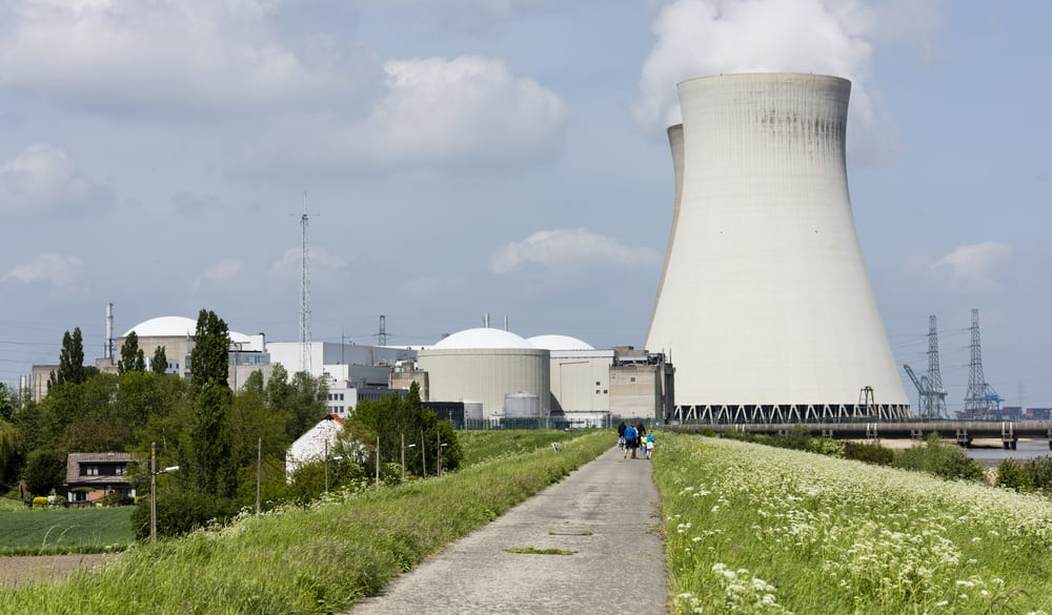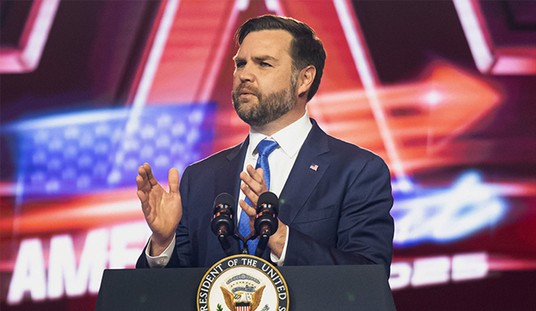White House officials acknowledged that concerns about nuclear surveillance by terrorists linked to the Belgium and Paris attacks will be on the agenda at this week’s Nuclear Security Summit in Washington, but only because ISIS was on the agenda before last week’s bombings.
Deputy National Security Advisor Ben Rhodes told reporters on a Tuesday conference call previewing the summit that they know “terrorist organizations have the desire to get access to these raw materials and their desire to have a nuclear device.”
“That was certainly the case with al-Qaeda, and that is certainly the case with ISIL as well. And given the ongoing concern about chemical weapons in Iraq and Syria, we have seen ample proof that terrorist organizations like ISIL have no regard for innocent human life or international norms, and that only redoubles the need for us to have effective international nuclear security approaches,” Rhodes said.
“As the president said back in Prague, a terrorist attack with an improvised nuclear device would cost an enormous amount in terms of human life, and could also have profound political and economic and environmental effects on global security as well. And so, therefore, this is a challenge that demands the type of international cooperation that we are promoting through the Nuclear Security Summit process.”
The summit begins Thursday as President Obama holds a meeting with his South Korean and Japanese counterparts about North Korea, followed by a bilateral with Chinese President Xi Jinping. All leaders in town for the summit will join Obama at a working dinner to “share perspectives on the evolving nuclear terrorism threat,” Rhodes said.
Obama’s Friday schedule is largely dedicated to “mark the progress that has been made in implementing the Iran deal.”
Laura Holgate, senior director for WMD and terrorism at the National Security Council, was asked if the Belgium attacks impacted the conference agenda — specifically, reports that Belgian bombers Ibrahim and Khalid el-Bakraoui were involved in video monitoring of a Belgian nuclear official who had access to sites harboring a range of materials that could be used in weapons. That video was reportedly given to Mohammed Bakkali, a planner of the Paris attacks now in custody.
Concerns over the terrorists’ interest in nuclear officials and sites range from ISIS cells constructing their own dirty bombs to sabotaging a country’s nuclear infrastructure.
Holgate said “having a portion of the discussion that focuses on counter-ISIL is a judgment that was made in January, but it turns out that it’s obviously very timely, unfortunately.”
“We have seen those reports about targeting nuclear facilities as part of a broader-level — broader plot. And certainly the video footage is of concern and suggests that there is at least some interest by ISIL. But we don’t have any indications that it was part of a broader planning to acquire nuclear materials, and we don’t have any information that a broader plot exists,” she said.
Holgate added “we’ve been working closely with Belgium over the years on nuclear security issues.”
“We’ve worked with them to reduce the amount of highly enriched uranium at that particular site where that manager worked. And there’s extensive cooperation between our regulatory bodies that includes discussions of nuclear security and related issues,” she said. “And we stand ready to help the Belgians in any way should they require or wish to cooperate more deeply with us on these issues.”
Rhodes added that the working meetings can look “at denying access to the most dangerous materials and going on offense against ISIL broadly.”
“We’ve seen over the years different terrorist organizations have ambitions related to acquiring nuclear materials. We’ve seen that in their public statements. We’ve seen that in different cases in terms of their monitoring of nuclear facilities. And that’s why the summit process is so important,” he said. “Because different countries have different levels of security at their facilities or in terms of how they are handling nuclear materials. Belgium has advanced nuclear security protocols in place, but we have a variance among different countries.”
Asked if the administration is more concerned about terrorists constructing a dirty bomb or obtaining fissile material or a nuclear weapon, Holgate replied it’s “hard to handicap” the scenarios.
“They’re both ones that we’re working hard to prevent and avoid. Certainly there is much more extensive radiologically material out there in the world than there is highly enriched uranium or plutonium that you need to make an actual nuclear weapon. You find radiological material in industrial, medical, academic and other communities, and there is a code of conduct that identifies best practices on how to secure that,” Holgate said.
“…That having been said, there are abandoned sources, orphan sources that concern us. And the potential for that kind of a device certainly exists. At this point, we don’t have explicit indications that ISIL is looking to achieve either type of a nuclear or a radiological capability, but we’re keeping a close eye on that.”









Join the conversation as a VIP Member